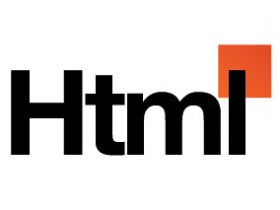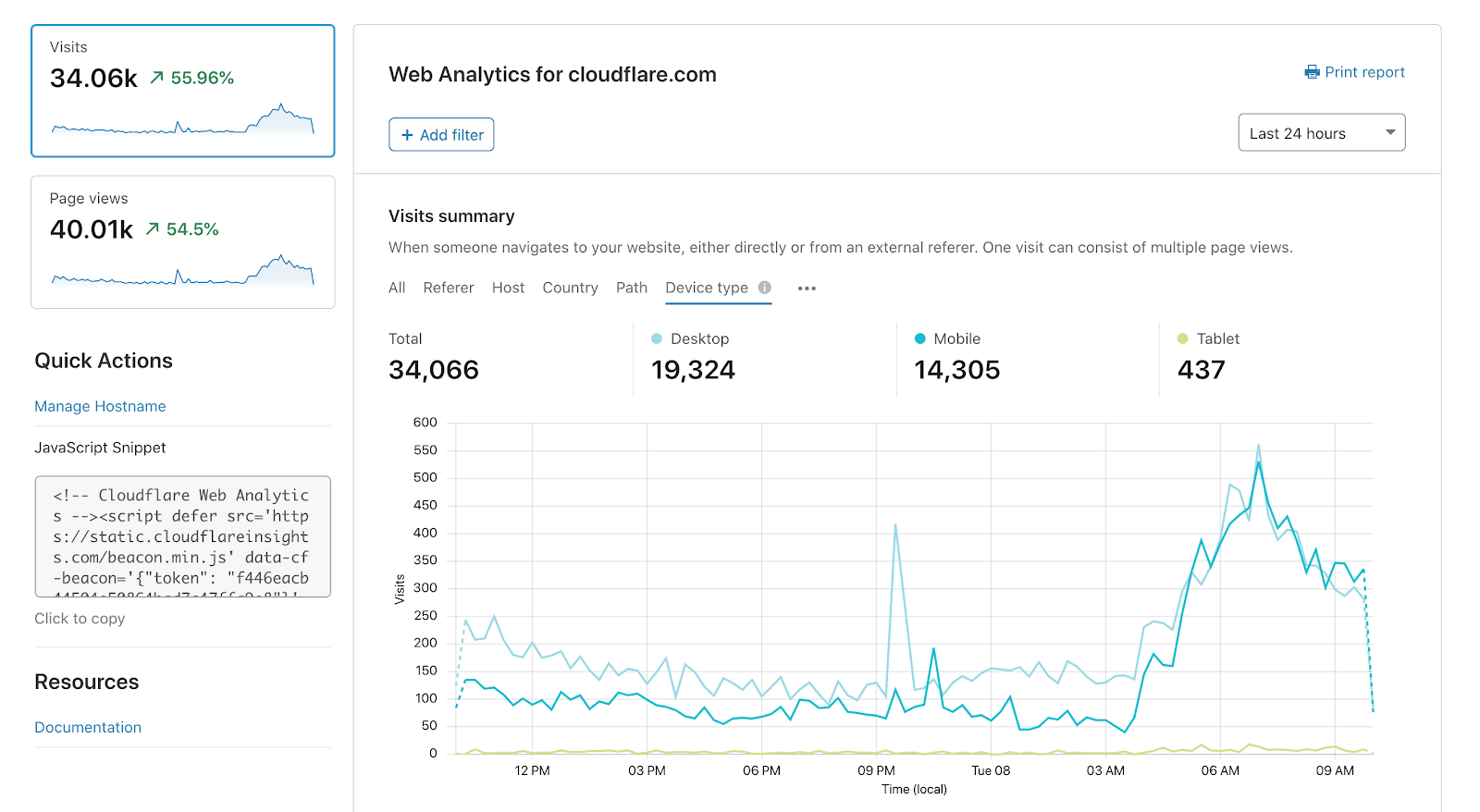How To Optimise Your Webpage For Rank #1
Search engine optimization is the process of making sure that websites have a high reputation on the Internet so that people who search for them will indeed find them. In other words, we want our website to be seen as likely a source for information as it is for information regarding information. In this blog post, you will learn how to optimize your website for Search Engine Optimisation (SEO). If you want to know more about SEO and how to improve your website’s SEO ranking, check out these links:
What is SEO?
SEO is the act of boosting your website’s reputation on the internet by making sure that websites bearing your name or a link to your site are seen as likely to be of interest to potential customers or users. SEO is important for a number of reasons. They include ensuring that your website is seen as trustworthy and authoritative, as well as being a reference for your product or services. It can also be used to help your website increase its search visibility on search engine results pages (SERPs).
How to Optimise Your Website for SEO
When it comes to optimizing your website for SEO, theARTiclopedia is the One Stop Shop. Here you will find the complete guide on how to optimise your website for SEO. There are a number of techniques you can use to boost your website’s visibility on search engine results pages (SERPs). The techniques can be applied to general website optimization as well, such as improving the links between your site and other relevant websites.
Why Does SEO Matter?
There are a number of reasons why SEO matters. The most obvious being that it helps you boost your website’s rank in search engine results pages (SERPs). It can also help your website to increase its overall visibility on search engine results pages, and can also give it a better ranking on search engine results pages (SERPs).
Understanding the Different Types of Website Optimisation
There are a number of techniques you can use to boost your website’s visibility on search engine results pages (SERPs). Here are the most common types of website optimization you can consider: – Improving your link profile: A high-quality link profile lets people who search on your site understand why they are clicking on your site and help improve their links to your site. With this, they are more likely to think of your site as a source for information and will therefore be more likely to search on your site. – Improving your keyword research: keyword research is the act of looking up keywords that may be a good idea for your site.You can use keyword research to help you get a better understanding of what type of content your site is about, as well as to help you choose the most relevant keywords for your site. – Improving your link building: This can be done by optimizing your links at both the website and blog levels.You can try optimizing your blog for SEO, and/or improve your website’s link building process to ensure that your posts are linked from your site. – Improving your blog post structure: It is very important for bloggers to have a blog post structure which is SEO-friendly.With this, you can make sure that each blog post is easily referrenced, and that it does not contain any duplicate content. – Improving your blog comment structure: You can try optimizing your blog for better SEO and more by having better and more SEO-friendly comment structure. – Improving your meta-descriptions: Meta-descriptions are descriptions that are not URLs, but are parts of your site that are relevant to what your site is about and have a link to your page.You can try optimizing your meta-descriptions for SEO, and more. – Improving your call-to-action (CTA) content: CTA content is a link that takes people to your website via an incentivized link that takes them to your site. – Improving your guest post types: Guest post types are bonus content that you can add to your site.
Avoid Bad reputation on Search Engine Optimisation
Search Engine Land has compiled a list of the top ten most searched terms on the internet. With these types of terms, it is very easy for someone to find your site. DNS poisoning is when an internet user’s computer sends your site a malicious URL when it is not supposed to. With malicious URL’s and malicious DNSes, an internet user can easily find your site. DNS poisoning can be difficult to detect because it is not reported as a problem until it is too late.
Google Panda and Pagerank
Google has introduced a new ranking criteria for websites in order to boost its reputation in the eyes of search engine users. When it comes to Google Pagerank, the search engine giant is actually using an algorithm that was developed by its algorithms team. You can see the ranking criteria for Google Pagerank below: The algorithm will rank your site 1 if it is at the top of Google’s results page, and 3 if it is at the bottom. Currently, Google Pagerank is: – h1: 10,395,869 – h2: 10,408,869 – h3: 10,490,869 – lh: 10,499,869 – lsh: 10,508,869 – lsn: 10,517,869 – so: 10,521,869 – Summary SEO is the act of boosting your website’s reputation on the internet by making sure that websites bearing your name or a link to your site are seen as likely to be of interest to potential customers or users. It can also be used to help your website increase its search visibility on search engine results pages (SERPs). It can also be used to help your website increase its value on other websites through link linking, better website architecture and more. It is one of the most important aspects of online marketing and it should be considered in your marketing strategy.





Leave a Reply